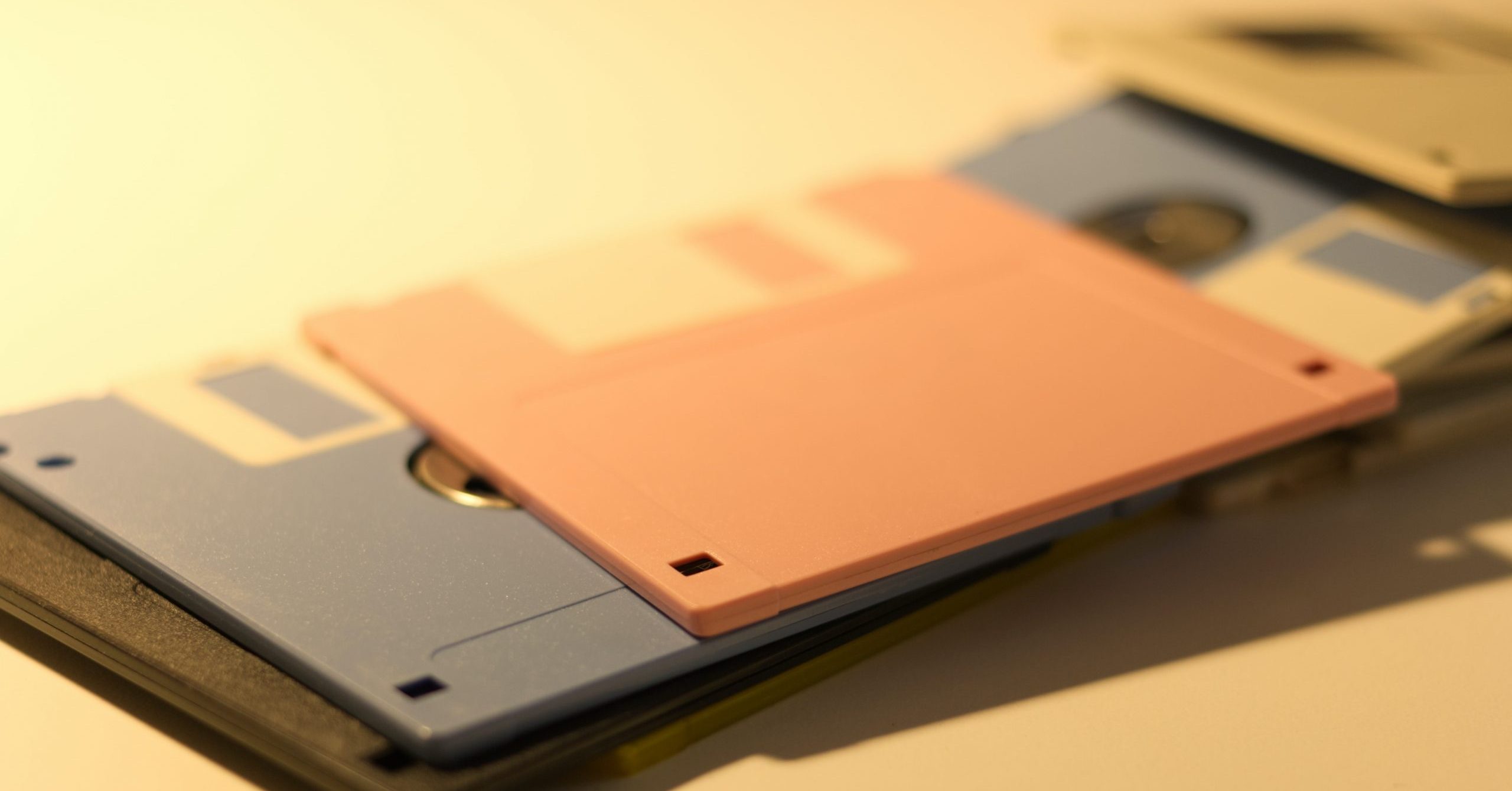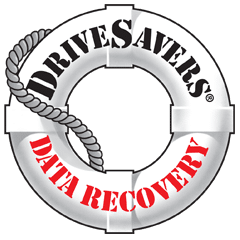DriveSavers is honored to be featured in the Los Angeles Times for supporting fire survivors as they work to rebuild what’s been lost. Our specialized data recovery services restore photos and files from fire-damaged devices. We’re offering free recovery for one device per affected household, helping families preserve vital memories.
1701 News: Sorry, No Major Bombshells From Lost Roddenberry Disks

Originally published by 1701 News.
EXCLUSIVE: Recovered data will be included in family’s 50th anniversary ‘366 Project’ vault
Hard to believe it’s been nearly 25 years since the world said good-bye to Gene Roddenberry, yet he still finds a way back in the news time and time again. Most recently in January after it was revealed that data from some 200 5.25-inch floppy disks had been recovered.
DriveSavers Data Recovery earned a mention on media outlets ranging from Star Trek sites to the trade publications to even mainstream news, earning kudos for unlocking the disks created through an old computer operating system that practically went extinct with the introduction of MS-DOS in the early 1980s.
But what is actually on these disks? Early drafts from his “Star Trek: The Motion Picture” script? Maybe some early ideas leading into the creation of “Star Trek: The Next Generation”? The formula for transparent aluminum? Or how about the identity of “Star Trek: Enterprise’s” FutureGuy? Hey, that character was a time traveller — he could’ve visited Roddenberry during the Reagan administration.
The people at DriveSavers wouldn’t say, the company’s engineering director Mike Cobb hinting that with this being the 50th anniversary celebration of the franchise, “anything could happen. The world will have to wait and see.”
The world is waiting to see what was in the 3 MB of data recovered by Cobb and his team, but they might have to wait a little longer.
“The materials have not all been gone through in detail, but we can say that there are a mix of personal and business documents,” Roddenberry Entertainment chief executive Trevor Roth told 1701News. “All of them are text, and some relate to Star Trek.”
Roddenberry Entertainment is a co-owner of 1701News with Nexus Media Group, and has honored the creator of Star Trek with what the company has called the “366 Project” — sharing something new from the Roddenberry archive each and every day, from memos to film cells and much more.
After Roddenberry’s death in 1991, much of the writer’s work space in his Bel Air home was left just the way it was by his widow, Majel Barrett Roddenberry. That included many of his work materials, like not only the computer disks in question, but even the computer Gene Roddenberry used to fill the disks. That helped DriveSavers reverse engineer the data to recover it last month.
“Over the past three or so years, we have put significant resources against the discovery, organization and archiving of the Roddenberry Vault,” Roth said. “That includes documents, pictures, art and more, most of which having been with the estate for up to 50 or so years. Throughout our process, we discovered a group of almost 200 floppy disks that belonged to one of Gene’s earliest computers.”
The Roddenberry archivists did try to boot up the computer themselves to retrieve the data, but were unsuccessful, Roth said. The team was introduced to DriveSavers by Roddenberry’s information technology vendor, LunaTech.
“We tried not to think too far ahead on what we might find, but the thought of Star Trek stuff was definitely a possibility,” Roth said. “We hoped for some more great stuff to add to our already great vault materials.”
So what’s on the disks? Even Roth was being tight-lipped. However, he did reveal that Roddenberry didn’t migrate from typewriters to a computer until the mid-1980s, closer to the time he was developing TNG.
Following Majel Roddenberry’s passing in 2008, son Rod Roddenberry had a chance to really explore everything his father left behind in the home he grew up in. It was virtually a time capsule dating back to the late 1980s and early 1990s, including many of his father’s papers, credit cards, his Paramount lot identification badge, and even his clip-on ties.
The younger Roddenberry would sell his childhood home a couple years later, reportedly purchased by next-door neighbor and “Young and the Restless” star Lauralee Bell, who razed the house to expand her own property in the exclusive Los Angeles community.
Roddenberry’s first computer that created the disks? That’s still around.
“We still have the computer,” Roth said. “It is displayed proudly in our offices.”
There’s no schedule yet on when data from the lost disks will be revealed at the 366 Project. When it’s finally released, however, fans will have a chance to learn a little more about the Great Bird of the Galaxy who helped provide 50 years and counting of great space adventures.





